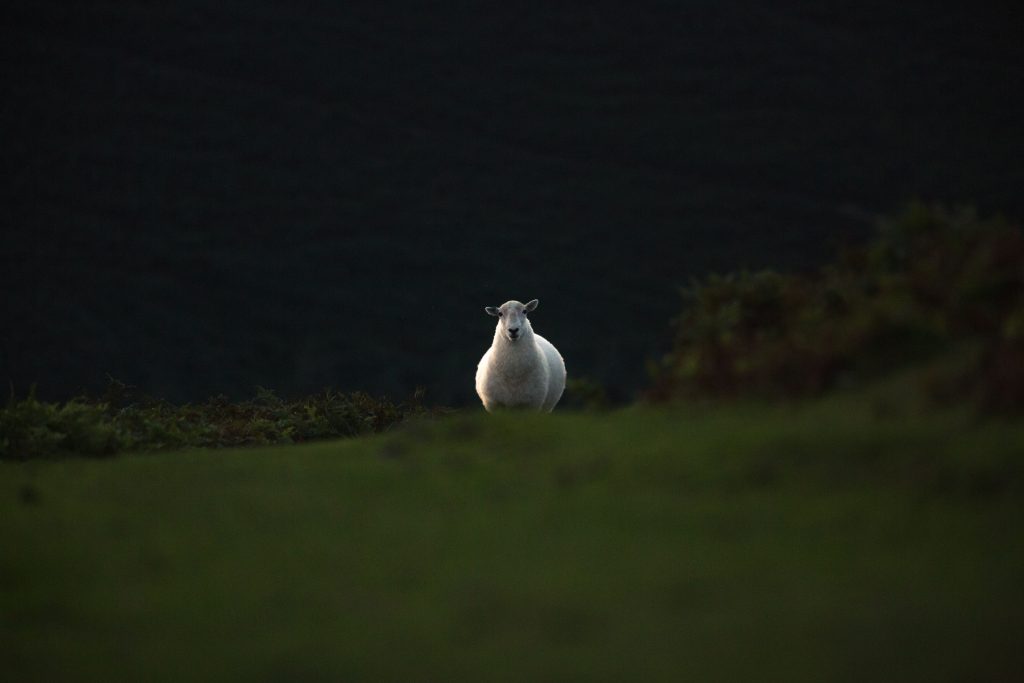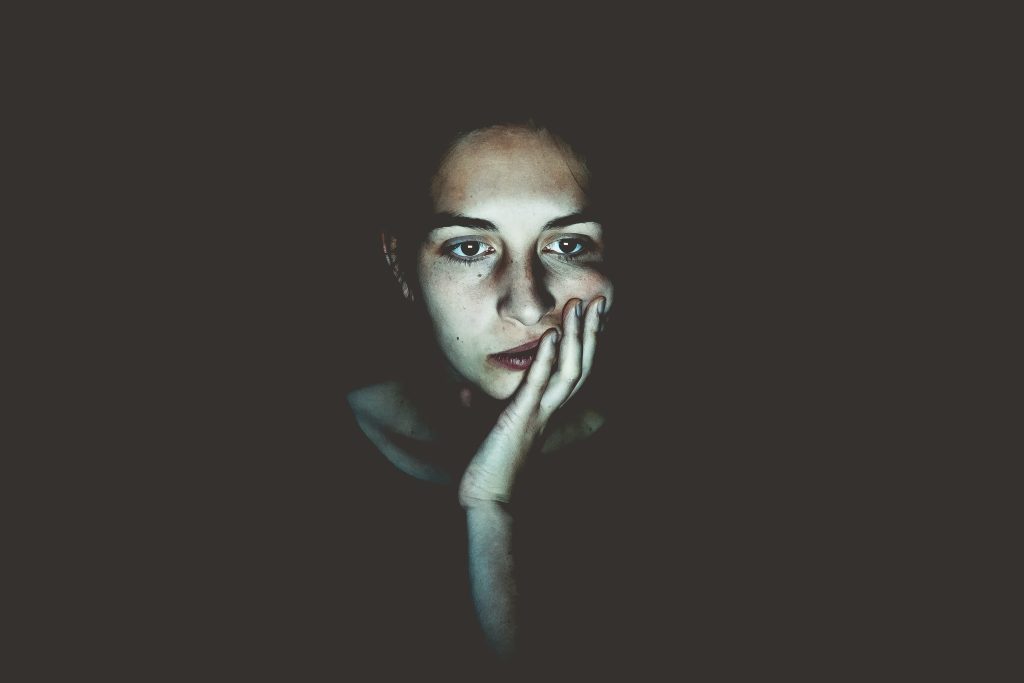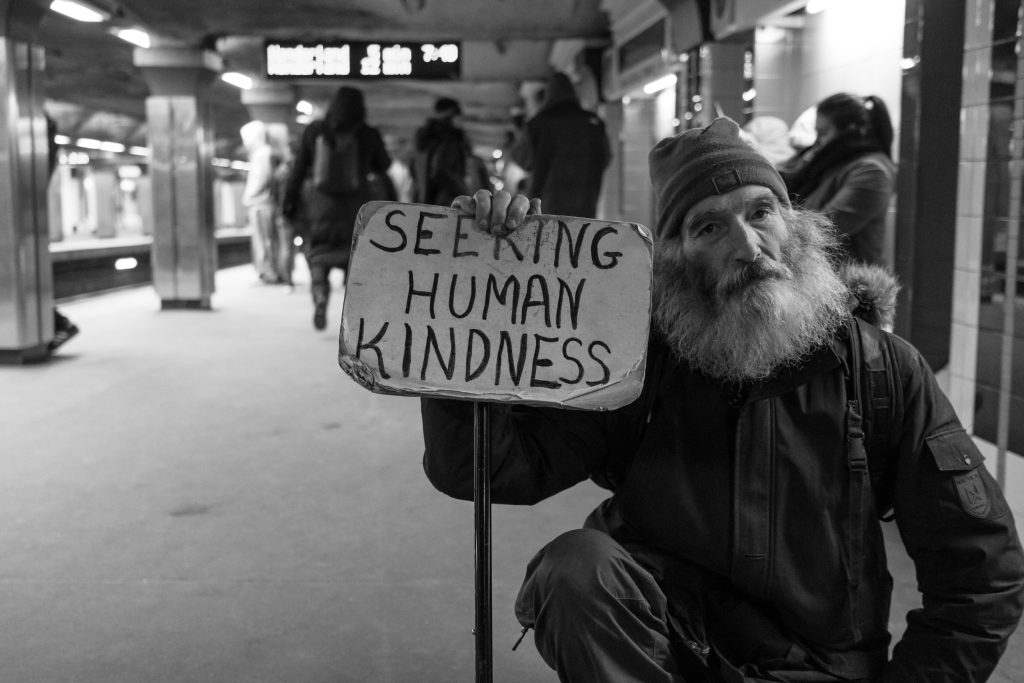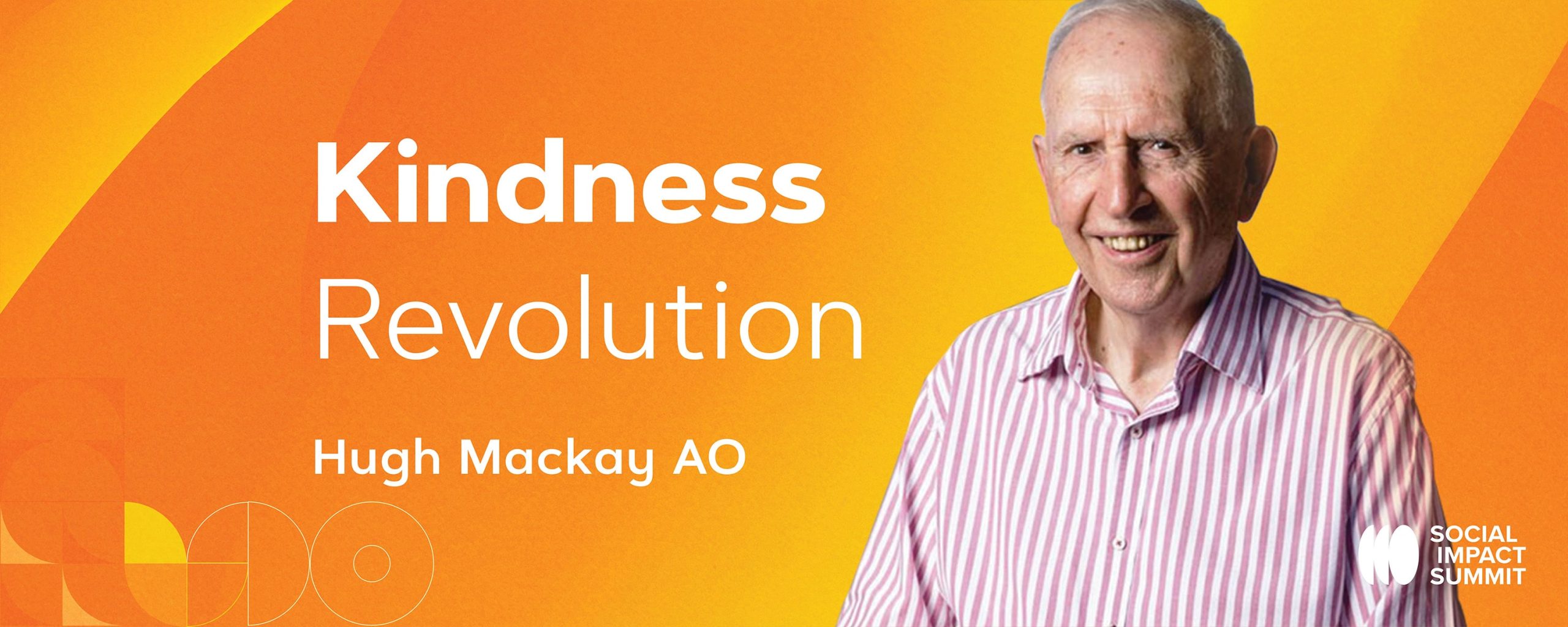By Brianna McShane
Scrolling through your newsfeed, logging on to another Zoom call or ordering dinner via an app might feel like the harmless byproducts of modern life, but have you ever considered they could be making you sick?
Social psychologist and best-selling author, Hugh Mackay AO, says that despite being hyper-connected, humans are more isolated from each other than ever before.
He’s calling for a kindness revolution to combat a range of ailments we often don’t realise are caused by social isolation.
“More and more people are experiencing social isolation, increasing the risk of loneliness which is a disease,” Hugh said. “For members of a social species this is a huge risk – we’re herd animals cut off from the herd.”
Research shows the global pandemic only exacerbated an already alarming trend in this direction. A study conducted by Swinburne University and the Australian Psychological Society found one in four Australian adults feel lonely most of the time, with 18- to 25-year-olds the loneliest segment of the population.
Hugh says anxiety, and depression are key health issues for people experiencing loneliness or social isolation and that we’re seeing these unfold in “epidemic proportions” throughout society. Some of the health consequences include hypertension, inflammation, sleep disturbances and vulnerability to addiction.
“We get cranky, we get irritable, it may evolve into anger and even violence. One of the reasons why there’s so much bullying, trolling, abuse and anger in social media is that the heaviest users are probably suffering from social hunger and they don’t even realise it,” he said.
So how did we get to this point and what can we do about it?

An increasingly fragmented society
Society has become increasingly fragmented in recent decades, with shrinking households another factor contributing to social isolation.
“One in four Australian households contain just one person. None of us have ever lived in a society where that was true, and we’re probably heading for one in three being single-person households,” Hugh said.
Further to that, divorce rates have increased and birth rates have declined. We’ve become increasingly mobile, frantically busy and more reliant on information technology at the expense of face-to-face interaction.
“If you put these together you’re looking at a process of social evolution which is taking us away from our true nature, as cooperative humans who need to be together,” Hugh said.
“We are completely hopeless in isolation. We rely on groups and communities of all kinds, families, neighbourhoods, work colleagues, friendship circles, to sustain us and nurture us. That sense of belonging is so fundamental to the mental and emotional health of anyone who belongs to a social species.”
Hugh says anything we do to improve the quality of our human connections and face-to-face interactions will pay huge dividends to our health and the wellbeing of society, with the potential to even solve some of our biggest issues.
“Neuroscientists tell us there’s a cooperative centre in the human brain. What’s natural for us is to be cooperative, to be engaged together in this glorious human project of trying to create and maintain social harmony.”
“We’ve got 120,000 people with nowhere to call home tonight. We’ve got 3.3 million Australians living below the poverty line today. How did that happen? We can figure out how those people became poor. What we can’t figure out, when we put our kindness hat on, is how did we let them stay poor when we are so rich,” Hugh says.

How kindness can transform a nation
When we “put our kindness hat on” it can have a transformative effect at home, work and in our communities.
“Kindness is anything we do to show another person they belong, that we take them seriously, that we notice them, appreciate and include them,” Hugh said.
“It starts with time we spend with each other and a willingness to listen to each other. That’s the great gift, the great therapeutic thing we can do to help transform the family, the workplace, the street, and eventually the nation.”
Hugh adds that by being kind to someone, it’s likely you’ll increase the chance of that person being kind to someone else.
Hugh’s top three tips to be kind today:
- Be kind to everyone – all the time. That’s the single most transformative thing we can do.
- Listen more attentively and empathically when people talk to you.
- Monitor your screen time and compare it with the face-to-face time you are spending with family, friends, neighbours. If the balance is in favour of screen time, it’s time to limit it. Give yourself a couple of hours a day when you are nowhere near your smartphone and make an effort to get some face-to-face contact with other people.

Join Hugh at the Social Impact Summit on the 3rd and 4th of July.
Early Bird tickets are available for $795 and on sale until 30 April. General Admission tickets cost $1250.
To buy tickets or for more information including the event program visit https://socialimpactsummit.co/.
